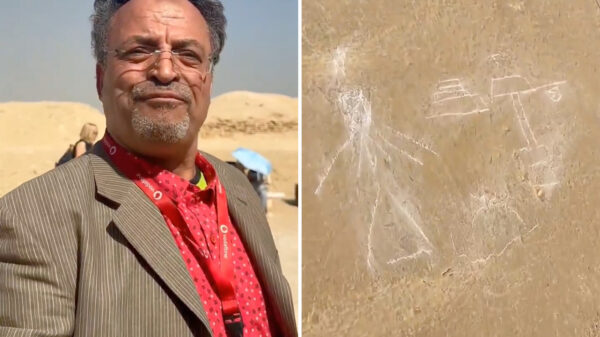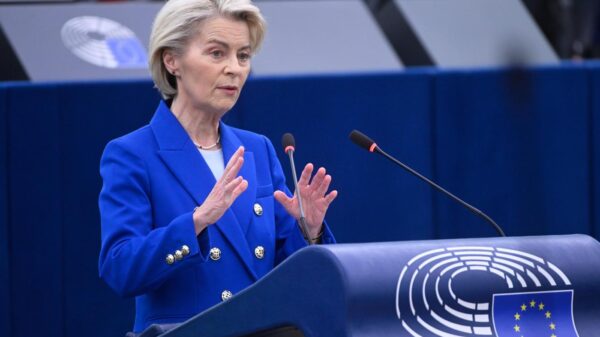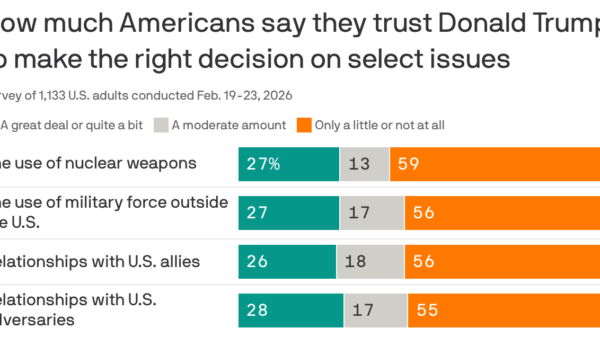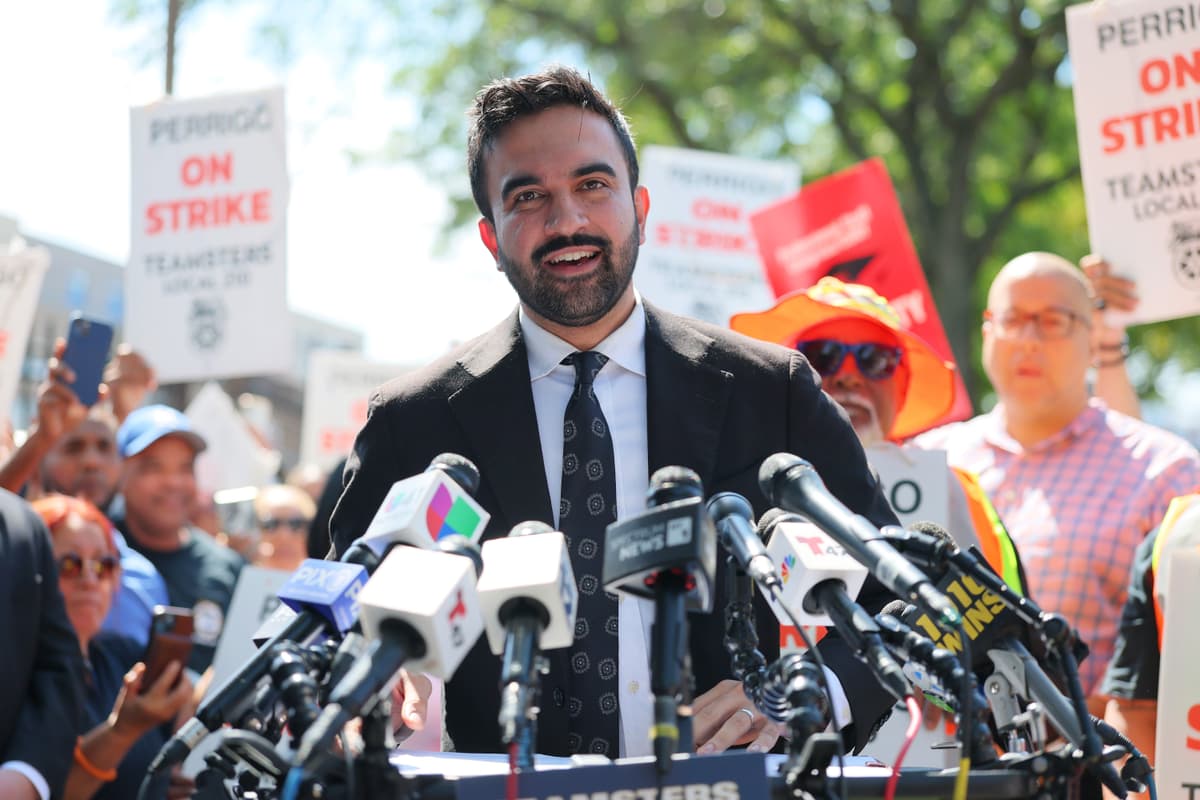Support for Israel among New York City Democrats has significantly decreased, influencing the current mayoral race and boosting the campaign of leftist candidate Zohran Mamdani. Recent polling indicates a shift in public sentiment, with many New Yorkers now expressing greater sympathy towards the Palestinian cause.
According to a survey conducted by Siena University and reported by the New York Times, nearly two years after the terrorist attack by Hamas on Israeli civilians on October 7, 2023, 44 percent of registered voters in New York City favor the Palestinian cause, compared to just 26 percent who sympathize with Israel. The findings are particularly striking given that New York City is home to the largest Jewish population outside Israel.
The survey reveals even more troubling trends among Democrats. Only 18 percent of party members express sympathy for Israel in its conflict with the Palestinians, while 57 percent support the Palestinian side. This sentiment is markedly pronounced among younger voters aged 18 to 29, where 67 percent align with the Palestinians, and only 13 percent favor Israel. For those between 30 and 44, support for the Palestinians stands at 57 percent, compared to 20 percent for Israel.
As the mayoral race unfolds, the poll highlights how these views are shaping voting preferences. Among those who support Mamdani, a substantial 74 percent favor the Palestinian cause, while only 5 percent support Israel. This shift raises questions about the relationship between criticism of Israel and antisemitism; the survey indicates that 51 percent of voters do not perceive criticism of Israel as inherently antisemitic, compared to 31 percent who do.
Mamdani, a candidate associated with the Democratic Socialists, has positioned himself firmly with the Palestinian cause and has controversially claimed that Israel’s military actions against Hamas amount to genocide. Additionally, he has suggested that the New York Police Department should arrest Israel’s Prime Minister Benjamin Netanyahu if he visits New York City, further illustrating his stance on the issue.
The implications of these sentiments are significant. A recent Quinnipiac University poll shows that only 21 percent of Jewish New Yorkers support Mamdani, with 75 percent holding an unfavorable view of him. Historically, such numbers could have severely impacted a candidacy for the mayoral position. In the 1950s, New York had a Jewish population of around 2 million, while today, that number has dwindled to fewer than 1 million, with a rapidly growing Muslim population potentially influencing electoral outcomes.
With many observers, including former President Donald Trump, acknowledging the possibility of a Mamdani mayoralty, these developments may have far-reaching consequences for relations among the United States, Israel, and the Democratic Party. As the election approaches, the evolution of public opinion on this issue will undoubtedly remain a pivotal aspect of New York City’s political landscape.






































































